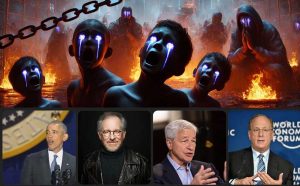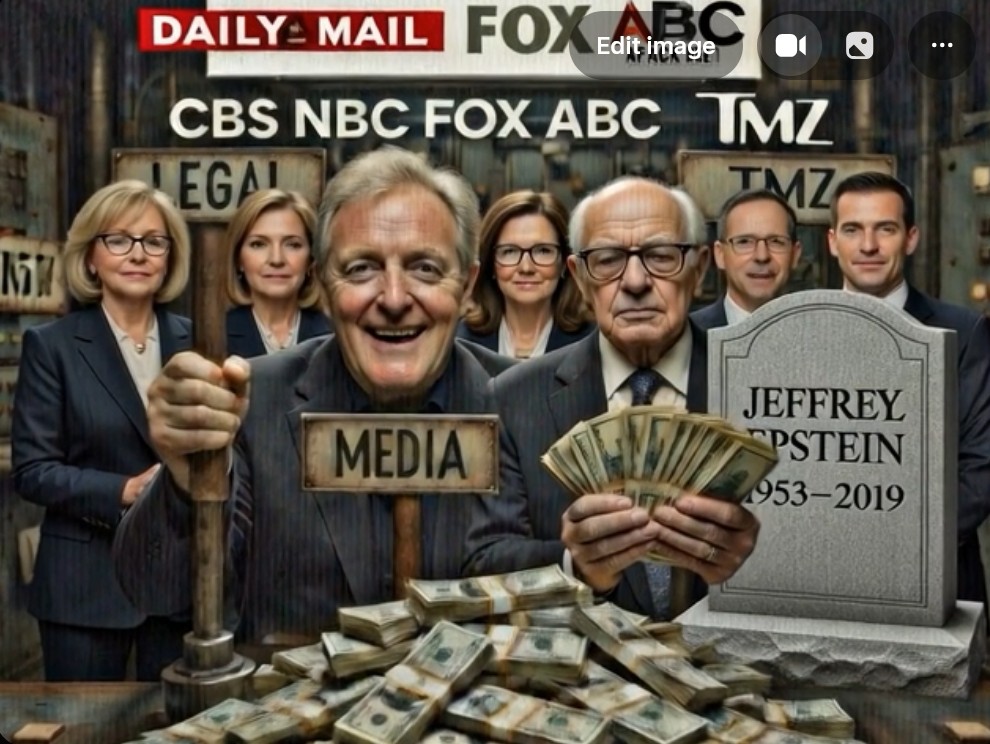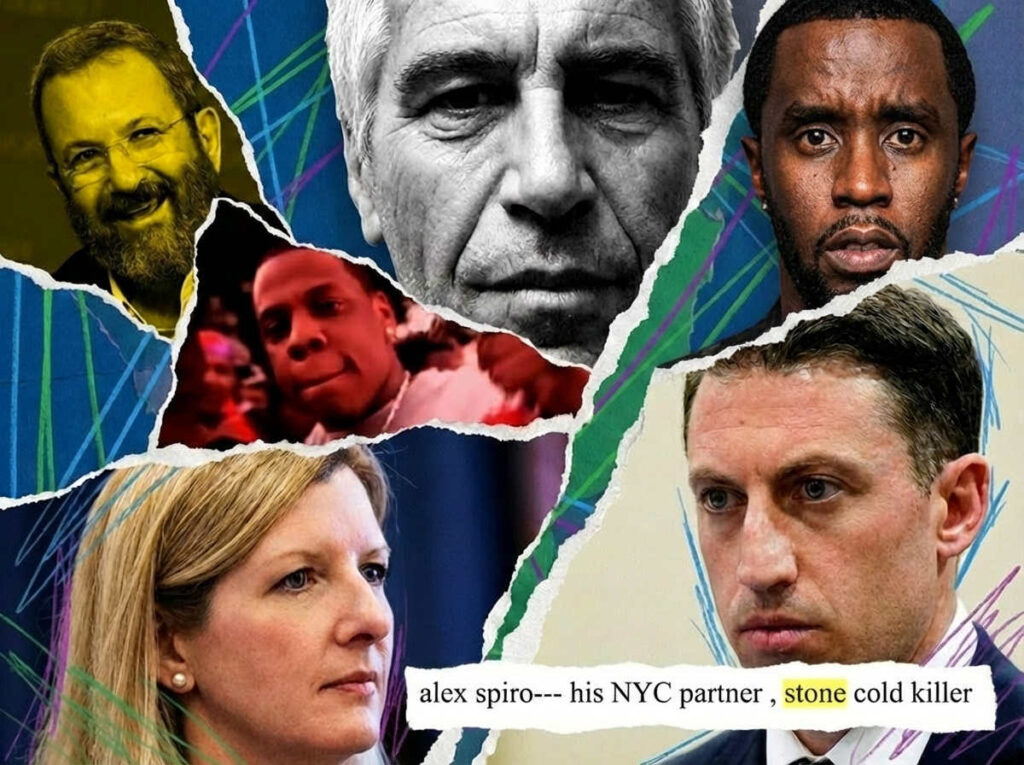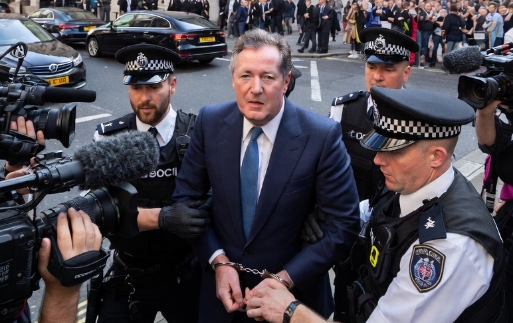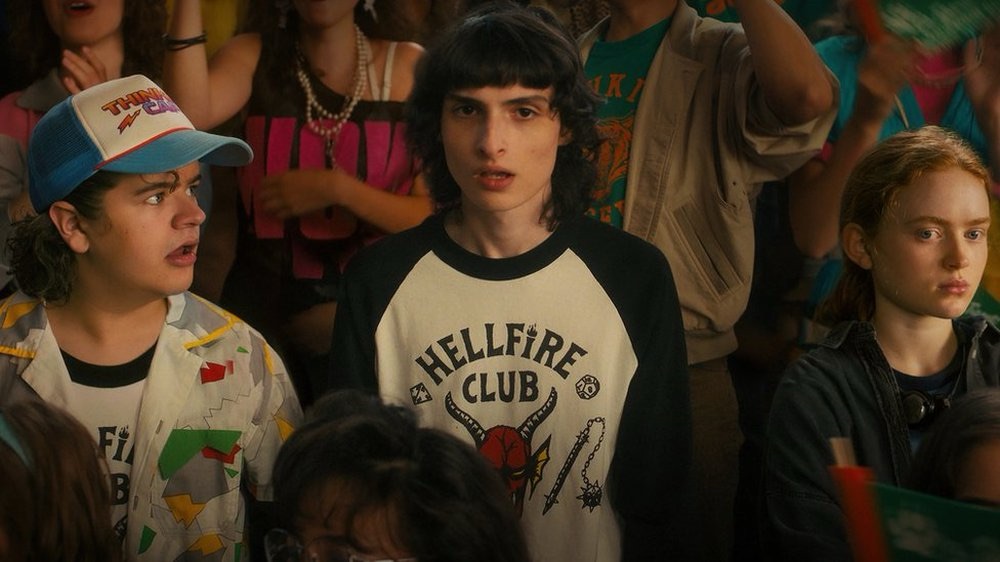In recent discussions, prominent figures in Hollywood have come under scrutiny, accused of maintaining a sophisticated network of labor exploitation and control over narratives. This situation extends beyond mere influence—it suggests a troubling degree of manipulation over public consciousness. Notable figures such as Steven Spielberg and Jeffrey Katzenberg are identified as orchestrating a media landscape that favors their interests, leaving dissenting voices marginalized.
Research from Harvard underscores how concentrated media ownership fuels this cycle, revealing that a handful of conglomerates dominate news narratives, curbing investigative journalism and suppressing critical issues such as child exploitation. Furthermore, claims contend that major industry players like Larry Fink and Rupert Murdoch manipulate public perception to create a facade around celebrity lifestyles, while burying stories of severe misconduct beneath layers of glamorous distractions.
As the conversation evolves, the urgent need for investigations into these media behemoths and their affiliations becomes clear. Tackling this deep-rooted issue requires dismantling overwhelming media monopolies and amplifying whistleblower voices to uncover uncomfortable truths lurking in Hollywood's shadows. Reclaiming freedom of thought is paramount, as is ensuring transparency in how narratives are formed and disseminated across platforms.
Research from Harvard underscores how concentrated media ownership fuels this cycle, revealing that a handful of conglomerates dominate news narratives, curbing investigative journalism and suppressing critical issues such as child exploitation. Furthermore, claims contend that major industry players like Larry Fink and Rupert Murdoch manipulate public perception to create a facade around celebrity lifestyles, while burying stories of severe misconduct beneath layers of glamorous distractions.
As the conversation evolves, the urgent need for investigations into these media behemoths and their affiliations becomes clear. Tackling this deep-rooted issue requires dismantling overwhelming media monopolies and amplifying whistleblower voices to uncover uncomfortable truths lurking in Hollywood's shadows. Reclaiming freedom of thought is paramount, as is ensuring transparency in how narratives are formed and disseminated across platforms.

